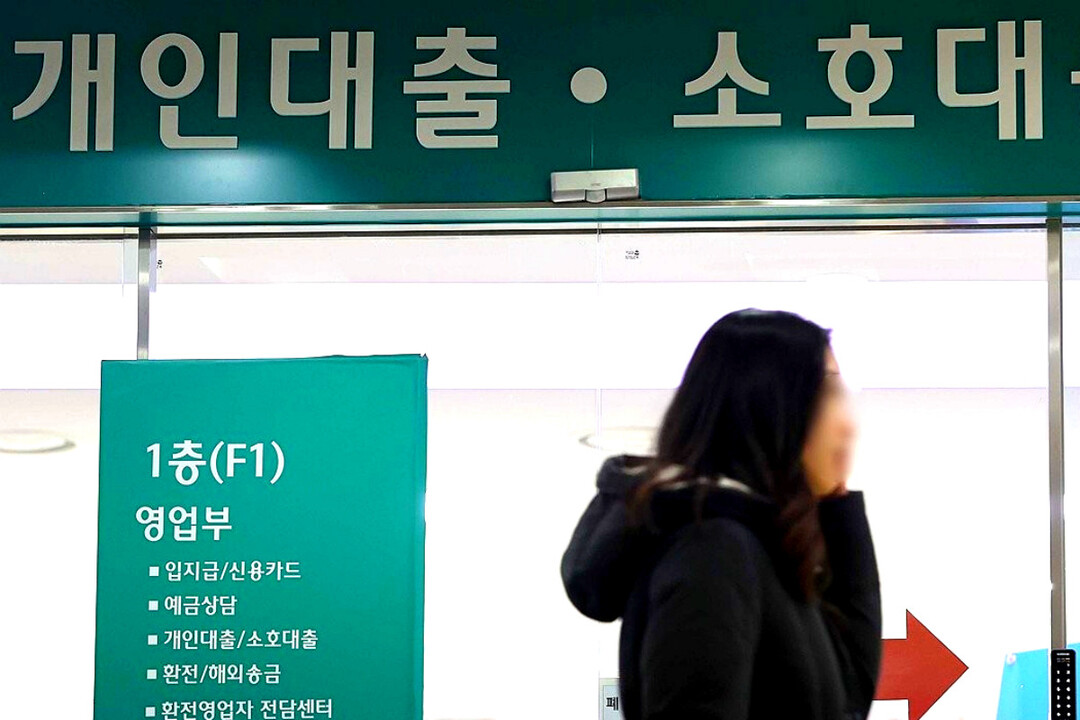
SEOUL - South Korea's self-employed sector is facing a growing financial strain, with debt levels soaring to over three times their average annual income, according to data released by the Bank of Korea. The figures, disclosed by National Assembly member Cha Kyu-geun, highlight a deepening crisis, particularly for low-income business owners grappling with a sluggish domestic economy.
The Loan-to-Income (LTI) ratio for self-employed individuals reached a concerning 344.5% at the end of the fourth quarter of last year. This signifies a substantial debt burden compared to their non-self-employed counterparts, whose LTI stood at 220% during the same period. The overall LTI for the self-employed had been on a gradual decline for seven consecutive quarters after peaking in late 2022, but it alarmingly reversed course in the final quarter of 2024, marking the first increase in two years. Analysts attribute this resurgence to a sharper rise in borrowing than in income for the self-employed, a direct consequence of weak domestic demand.
The number of self-employed individuals with outstanding loans from financial institutions totaled 3.115 million at the end of last year, holding a collective debt of 1,064.2 trillion won. While the number of borrowers slightly decreased by 16,000 year-on-year, the total loan balance swelled by 11 trillion won, indicating a heavier debt load per individual.
A stark disparity emerges when examining income brackets. High-income (top 30%) and mid-income (30-70%) self-employed individuals managed to reduce their outstanding loan balances. In contrast, the debt burden for low-income (bottom 30%) self-employed individuals saw a significant increase, rising from 133.1 trillion won to 135.3 trillion won in the fourth quarter. This trend underscores the precarious situation of lower-earning business owners who are increasingly reliant on borrowing to navigate the ongoing economic headwinds.
Furthermore, the quality of borrowing has deteriorated. There's a growing reliance among the self-employed on non-bank financial institutions, including private lenders, which often come with higher interest rates and less favorable terms. While bank loan balances for the self-employed slightly decreased, non-bank loan balances saw an increase, signaling a shift towards potentially riskier borrowing avenues.
Representative Cha Kyu-geun voiced strong concerns over the insufficient and delayed government support. "Although a budget for supporting self-employed individuals was included in the supplementary budget proposal, the timing is late and the scale is woefully inadequate," he stated. He urged the government to implement "extraordinary measures" to rescue the struggling self-employed sector.
The escalating debt crisis among South Korea's self-employed serves as a critical indicator of the broader economic challenges facing the nation. Without decisive and timely intervention, the financial vulnerabilities of this significant segment of the economy could have far-reaching consequences for overall economic stability and growth.
[Copyright (c) Global Economic Times. All Rights Reserved.]




























